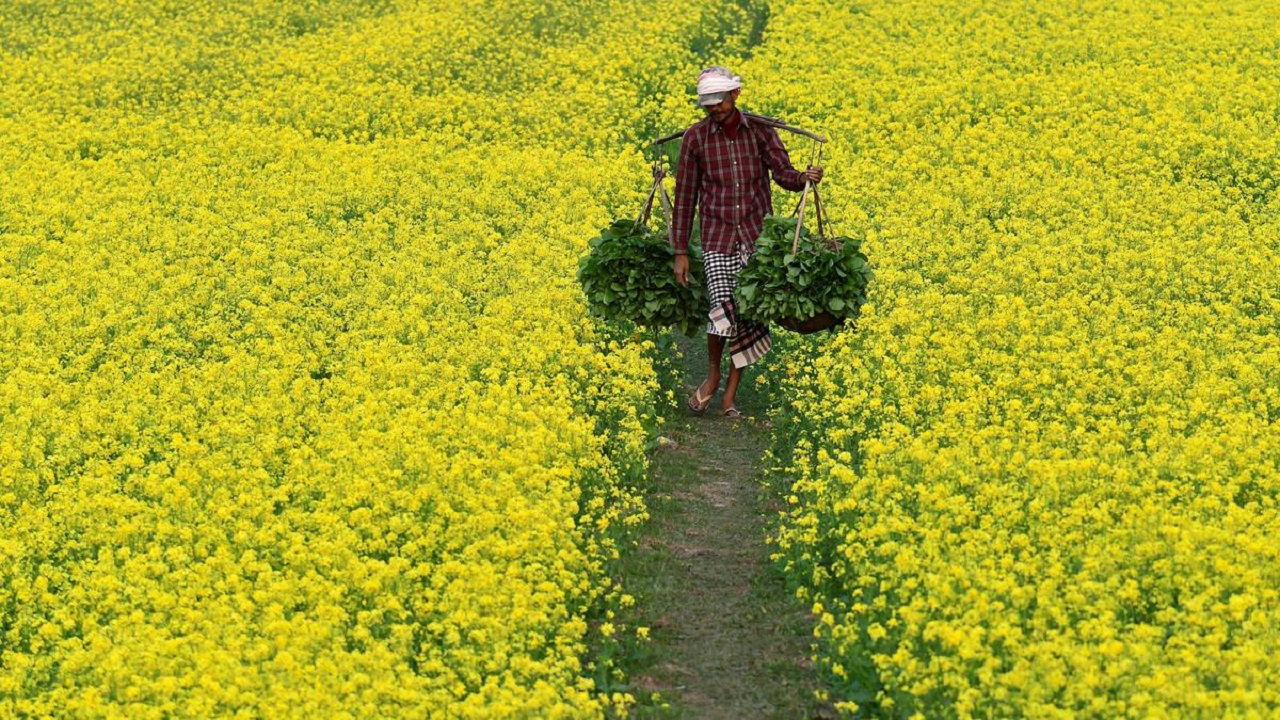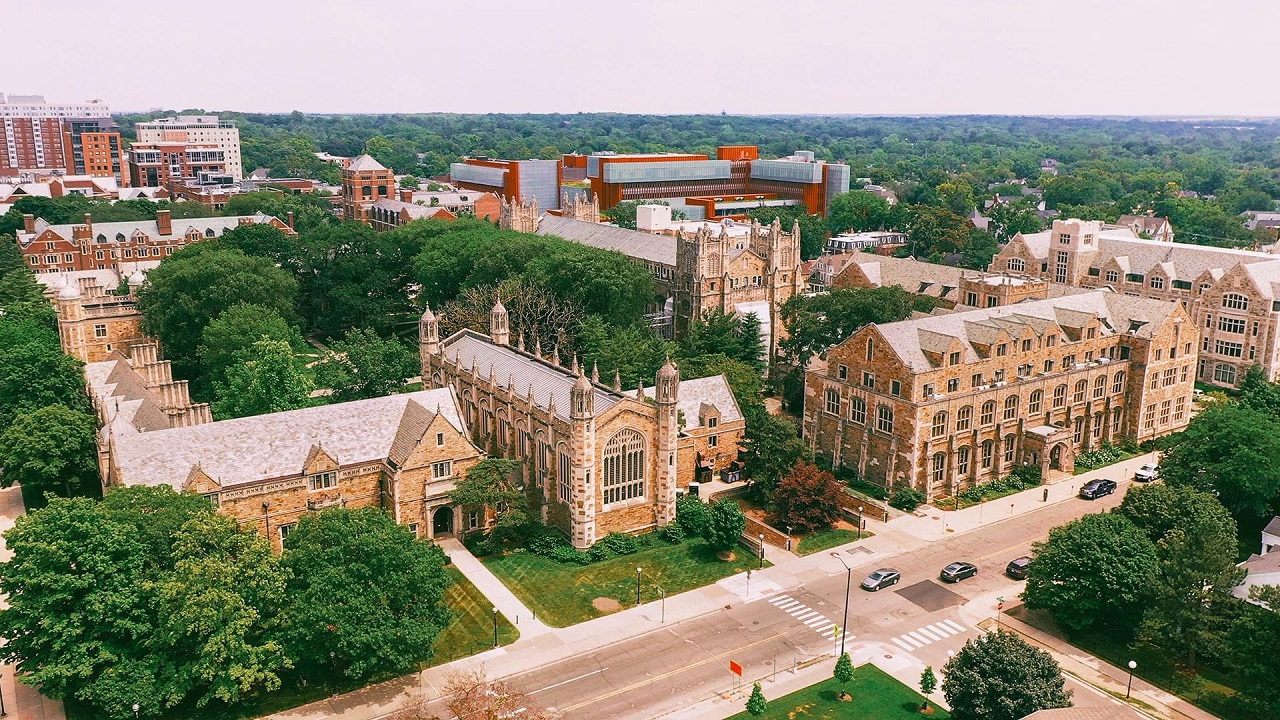GM Food Crops in India: The Debate Over GM Mustard
Context
India is at a critical juncture in its biotechnology and agricultural policies, with genetically modified (GM) food crops under legal scrutiny. The Supreme Court is set to hear petitions challenging the 2022 approval of GM mustard, a crop designed to enhance yields and reduce import dependency. The issue raises key concerns about food security, environmental risks, and regulatory transparency.
Background: The GM Mustard Controversy
-
First GM food crop in India: GM mustard is the first genetically modified food crop to receive conditional approval from the Genetic Engineering Appraisal Committee (GEAC) under the Ministry of Environment.
-
Legal and environmental concerns: Activist groups have challenged its approval, citing biosafety risks, ecological impact, and health hazards.
-
Supreme Court hearings: The upcoming hearings will determine whether GM mustard can be commercially cultivated in India.
Government’s Stand on GM Crops
-
The Department of Biotechnology (DBT) stated that progress is being made on GM food crops, despite the matter being sub judice.
-
The Science and Technology Minister emphasized biotechnology’s potential, arguing that:
-
Innovation is crucial for agricultural advancement.
-
Biotechnology must evolve to meet future challenges.
-
-
The DBT has submitted technical inputs to the Environment Ministry for formulating a national GM crop policy, as directed by the Supreme Court.
Supreme Court Proceedings and Legal Implications
-
July 2024: A two-judge bench of the Supreme Court delivered a split verdict on the approval of GM mustard.
-
Larger Bench Reference: The case has been referred to a larger bench for further deliberation.
-
Significance: The judgment will shape India’s future policies on GM crops, biosafety, and agricultural innovation.
Concerns Raised by Environmental and Farmer Groups
-
Ecological Impact: Potential risks to pollinators like bees, affecting biodiversity and crop pollination.
-
Health and Safety Issues: Lack of long-term studies on human health impacts.
-
Regulatory Gaps: Allegations of insufficient transparency in the approval process.
-
Impact on Traditional Farming: Fears of disrupting indigenous seed varieties and farming practices.
India’s Growing Bio-Economy and Role of GM Crops
Despite regulatory hurdles, GM crops play a key role in India’s expanding bio-economy.
Key Highlights from the 2024 Bio-Economy Report
-
Total bio-economy value: $165.7 billion
-
Bio-agriculture share: $13.5 billion (8.1%)
-
Biopharma sector contribution: 35% of total bio-economy
-
Bio-industrial sector (biofuels, bioplastics, enzymes): 47% share
-
India’s biotech startups (2024): 10,075, projected to reach 22,500 by 2030, creating 35 million jobs.
-
Leading states: Maharashtra, Karnataka, and Telangana drive biotech innovation.
Way Forward
The future of GM food crops in India depends on:
-
Judicial Clarity: Supreme Court ruling on biosafety, environmental concerns, and public health risks.
-
Policy Formulation: Balancing scientific innovation with strict biosafety regulations.
-
Public Awareness: Addressing misinformation and ensuring stakeholder engagement.
With the BioE3 policy aiming to enhance biotechnology-driven agriculture, GM crops like mustard could play a role in food security and climate resilience—but only under robust legal and ethical safeguards.




Comments (0)